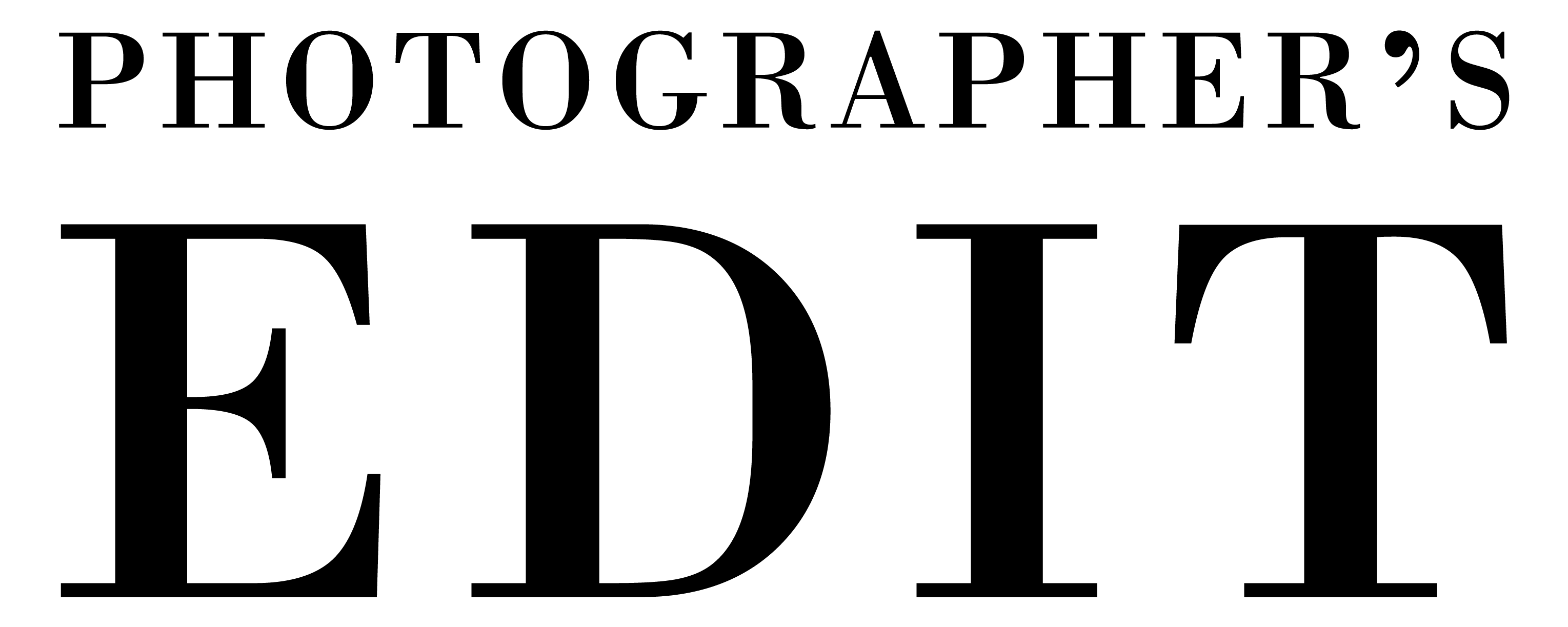Episode 197: Raising a Business and Baby (or 3) – Laurken Kendall
Are you ready to take your business to the next level but struggle to find balance with being the parent you want to be? You don’t have to choose one over the other!
Enter Laurken Kendall, our guest in episode 197 of the Bokeh Podcast. Laurken is a photographer, wife to a farmer, and mother of three. She’s a believer of legacy and insists that her sons have shown her the true meaning of love. Listen in as she shares about life on the farm, raising 3 boys, and the 4 principals that allow her to successfully balance every aspect of her life.
The Bokeh Podcast is brought to you by Photographer’s Edit: Custom Editing for the Wedding and Portrait Photographer. You can also subscribe to the Bokeh podcast on the Apple podcast app, follow on Spotify, add to your playlist on Stitcher, or listen on Overcast.
Show Notes
Brand Position: I’m Laurken. I’m here for the imperfect and in love
The Gear Bag: Nikor 58mm and 35mm
Tips to Manage Your Time:
1. Create a consistent weekly schedule.
2. Outsource parts of your business that aren’t necessary.
3. Set boundaries with your schedule.
4. Focus on 3 tasks that will move your business forward.
Principles to Successfully Juggle Work and Life:
1. Self Care
2. Knowing When Enough is Enough
3. Creating Boundaries
4. Create a Good Support System
Links
instagram.com/laurkenkendall
Laurkenkendall.com
You are a Badass at Making Money: bit.ly/bp-bamoney
brenebrown.com
Brooke Johnson – Blush by B: blushbyb.com
instagram.com/braillegold
swipesapp.com
